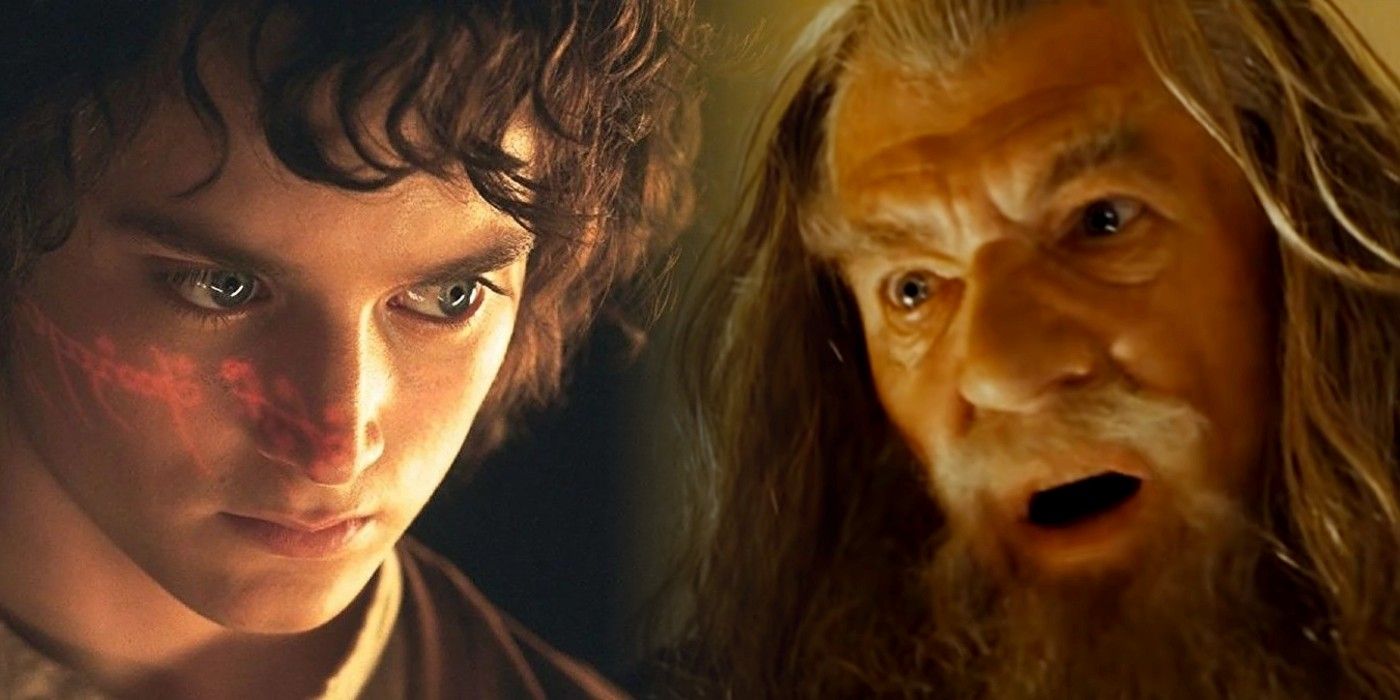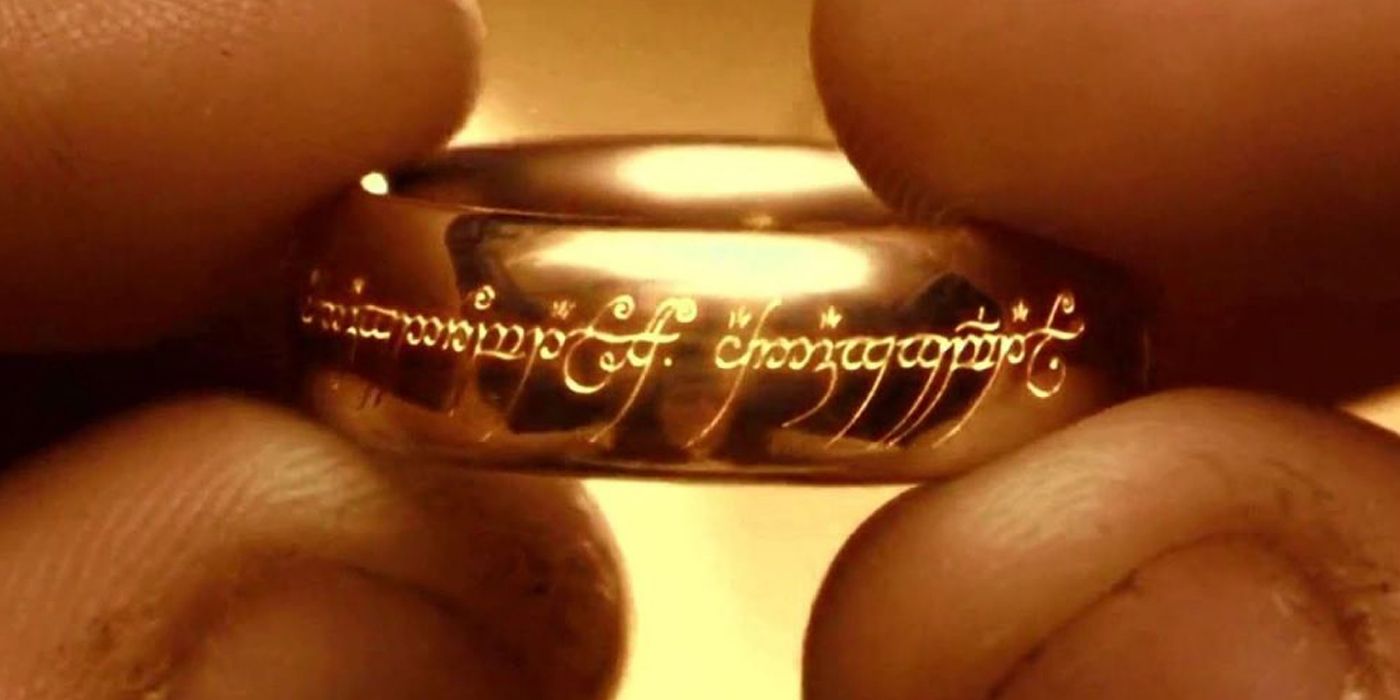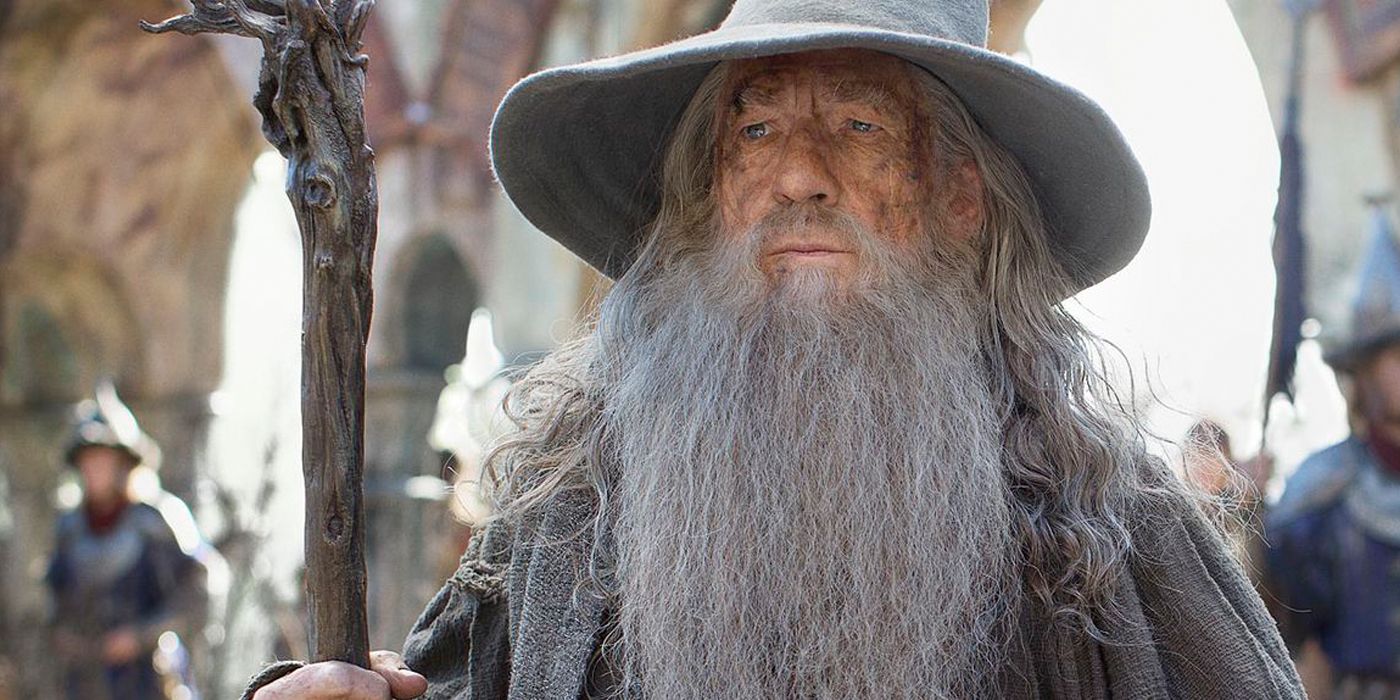
Early in The Fellowship of the Ring, Gandalf told Frodo about the One Ring that Bilbo had gifted him. Telling the already-freaked-out Hobbit that it belonged to Sauron and was filled with immeasurable, corrupting dark power, Gandalf instructed him to “Keep it secret. Keep it safe.” Thus, the overarching goal in The Lord of The Rings was defined from the very beginning: keep the One Ring away from Sauron at all costs. And that quickly developed into a quest to destroy the Ring where it was made -- within the fires of Mount Doom.
After a perilous and war-fraught journey, Frodo destroyed Sauron’s Ring, and everything worked out for the best. However, with entertainment media ablaze with everything “What If…?,” it’s worth considering whether Gandalf’s plan to destroy the One Ring was the best course of action. Specifically, Gandalf could have taken the Ring and protected it better than Frodo. Maybe the Grey Wizard could have used its power to defeat Sauron and solved all of Middle-earth's problems before they happened. However, as simple as it sounds, that would have been a bad idea. So here’s what would have happened if Gandalf had taken the One Ring from Frodo in The Fellowship of the Ring.

Gandalf the Grey was one of many names for the wizard. Mithrandir, Incánus and Tharkûn were some of his other names in Middle-earth, but Gandalf’s true name was Olórin. Created at the beginning of time, Olórin was one of the Maiar of Valinor -- angelic beings in the service of Eru Ilúvatar.
So, Gandalf was no “conjurer of cheap tricks;” he was a powerful, wise and immortal being who -- along with four other Istari -- was sent by the Valar to combat the Sauron's villainy. With that said, it would have made perfect sense for Gandalf to take the One Ring and use it against the Dark Lord. The Valar, however, were specific in their instructions that the Istari were not to take on power of their own, and the reason for that directive came from Middle-earth's early history.
At the beginning of time, Eru created the world and Ainur, but it wasn’t long before Melkor -- his most powerful servant -- vied to assert himself as more powerful than Eru. Becoming the Dark Lord Morgoth, he corrupted much of what was good and established his own kingdom far from his compatriots. Thus, he caused turmoil in Middle-earth for all of the First Age until Eru decided to put a permeant stop to his evils. Rallying the Valar, Eru cast down Morgoth in the War of Wrath, but there were consequences. The use of so much power changed the very shape of the world and destroyed much of it. Henceforth, the Valar pledged to never directly interfere in the affairs of Middle-earth again.

After the War of Wrath, the Valar imprisoned Morgoth, but Sauron escaped their wrath. So, when he attempted to conquer Middle-earth millenniums later, the Valar knew that they needed to stop him. However, because of the destruction that happened during the War of Wrath, they took a more subtle approach in sending the Istari to covertly rally the peoples of Middle-earth against the Dark Lord.
Gandalf was aware of his purpose and his mandate. In fact, he was offered a chance to break it. Early on, Frodo tried to give him the Ring in Bag End. However, Gandalf knew that if he -- being an extremely powerful Maiar just like Sauron -- had taken the One Ring, he would become no different than the Dark Lord. Middle-earth would simply be ruled by an overlord with a different name, so he refused. Thus, while Gandalf taking the One Ring would have expediated the destruction of Sauron, it also would have hasted the subjugation of Middle-earth.
0 Comments